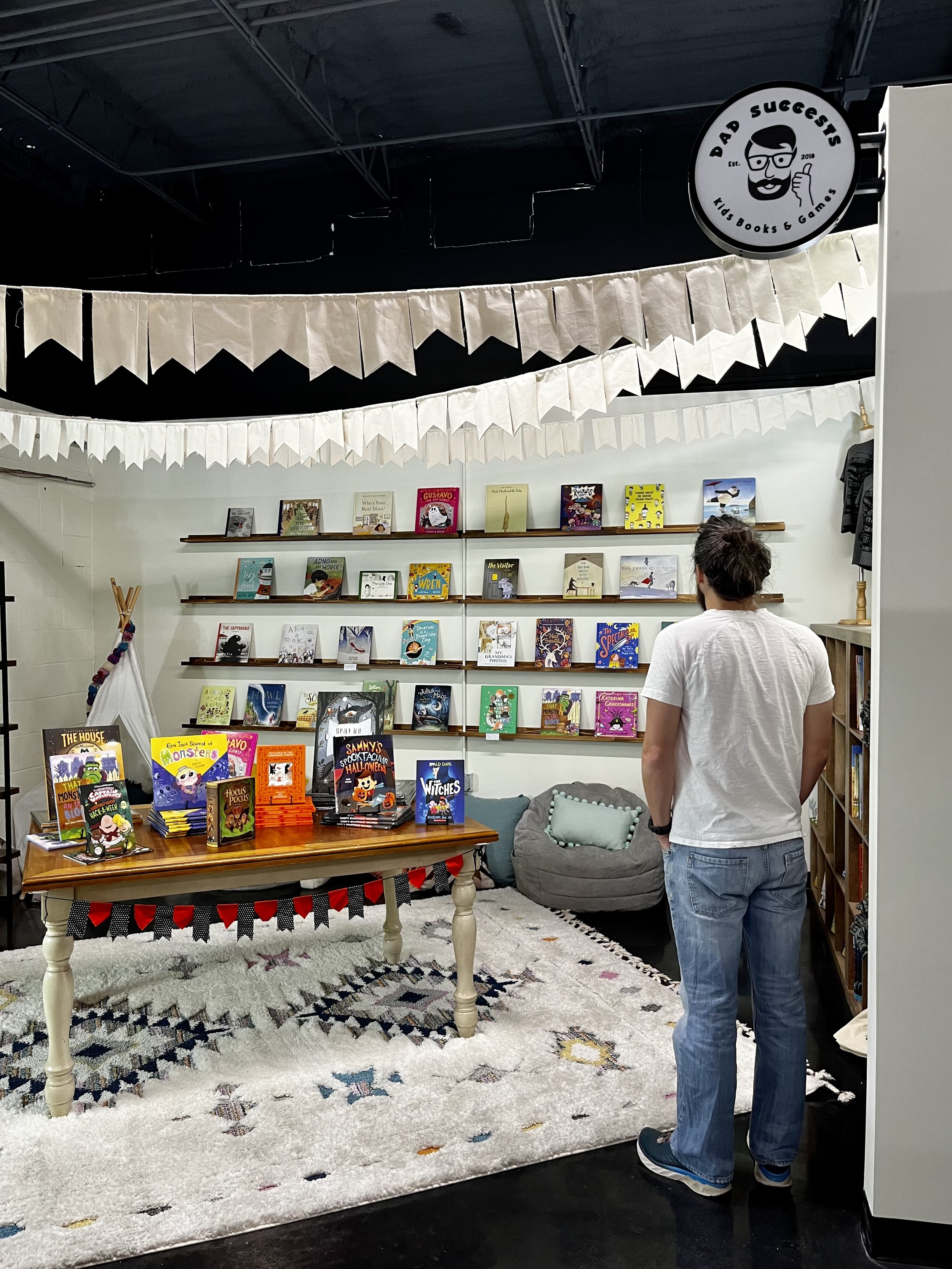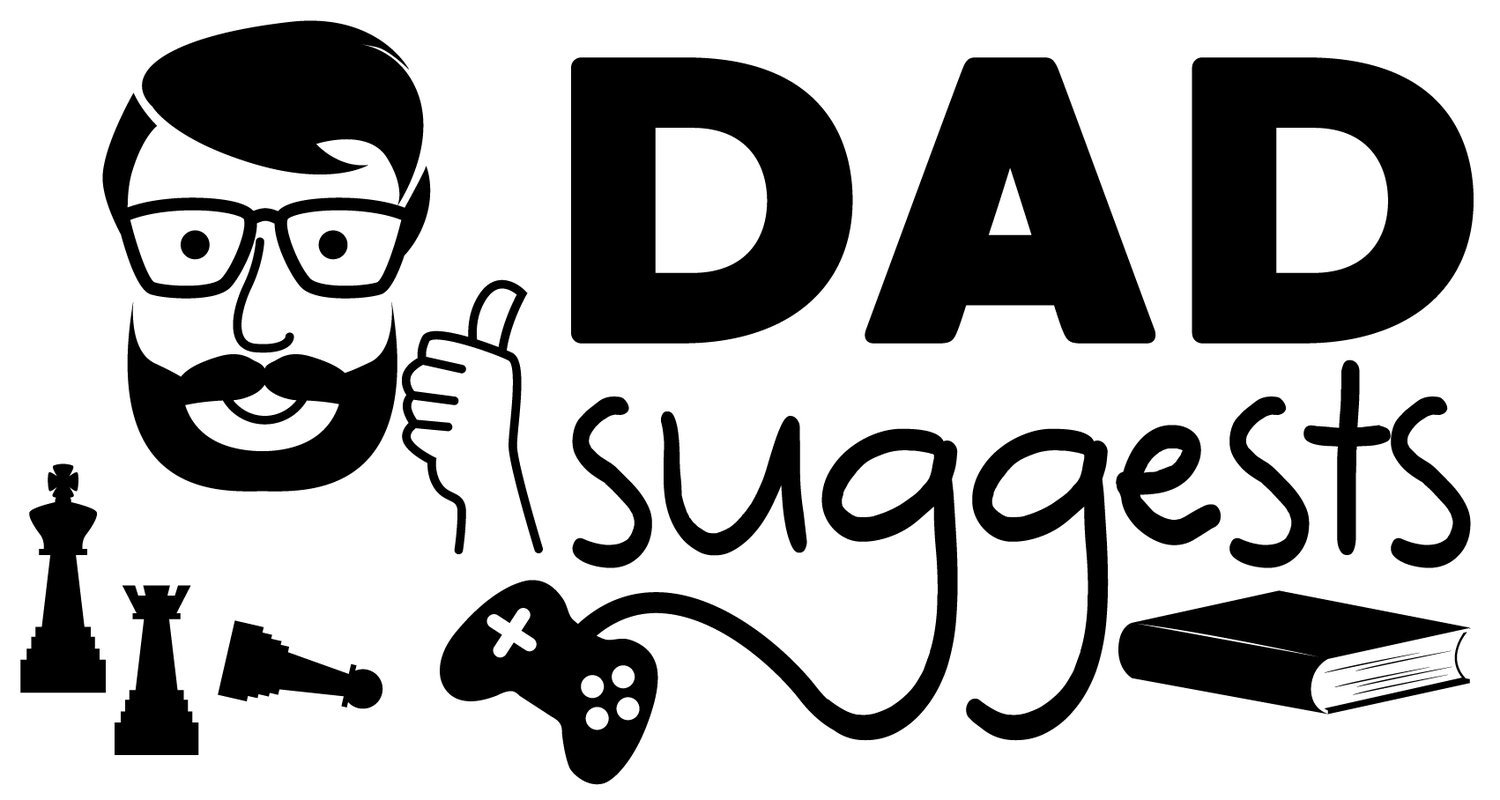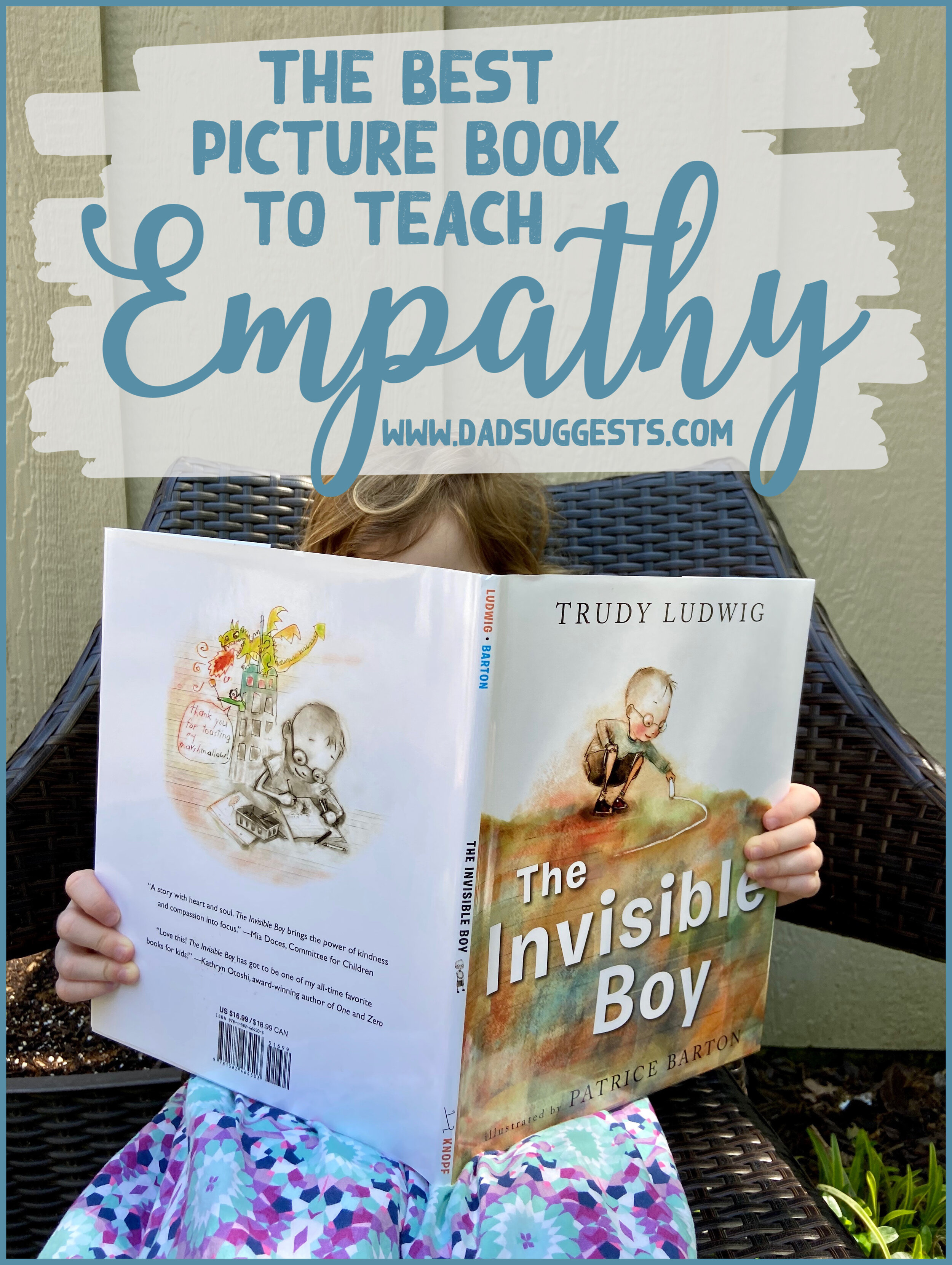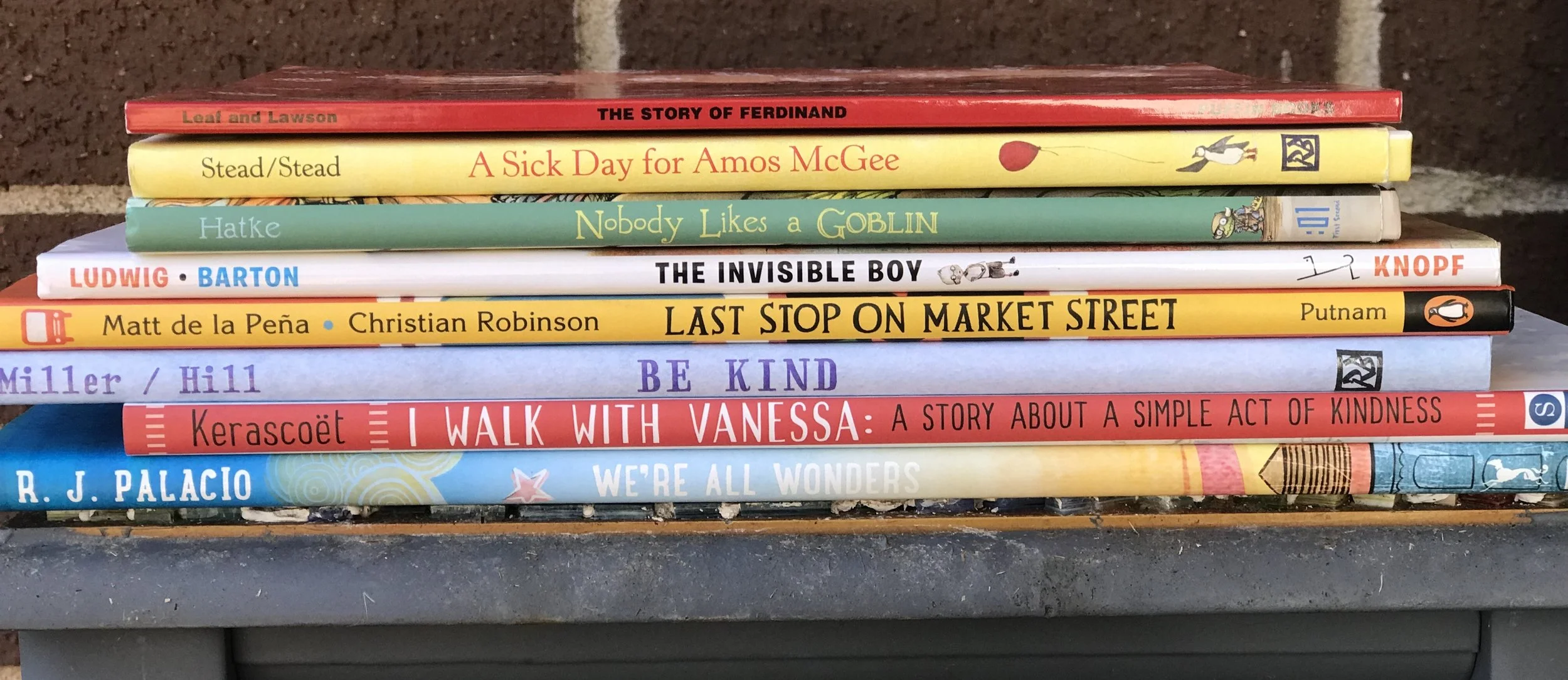The Invisible Boy: How to Teach your Kids Empathy
At parent/teacher conferences, I typically only have one question: Is my son nice to the other kids? Thankfully the answer is usually an emphatic yes, he's a big sweetheart. But I keep asking, because empathy is very, very important to me. My son knows it, and I want his teachers to know it too.
As a teacher I probably sound like a broken record at staff meetings. Sometimes it seems like no matter what we're talking about my answer is "empathy!" - whether we're trying to develop a new school mission/vision or trying to figure out why kids keep getting in trouble. I think about the subject a lot and I grapple with how to teach it to kids who don't seem to have it.
Like many things, empathy is a lot harder to teach the later you start. I'm a big believer in the idea that we as parents have a very big impact on developing the personal priorities in our kids, whether we do it intentionally or not.
And many of the priorities we intentionally model and emphasize for our kids are unfortunately a bit selfish. If scoring goals and getting straight A's has been the absolute most important thing in your life for twelve years, it's not so easy all of the sudden to ask those things to take a backseat to being kind.
The trickiest part about all of this is trying to teach kids to be intrinsically motivated to care about others, as opposed to simply being kind to avoid consequences or to get what you want. Our goal is not to groom little charismatic sociopaths.
The ultimate goal is to want to treat other living things with kindness because it's the right thing to do. Luckily this is much easier to accomplish if you start early. I think that if you truly model empathy as your priority and talk about it with your children and provide lots of example situations, then your kids will be in pretty good shape.
Here's my theory. Children that are read to a lot are going to be way ahead of the curve in more ways than one. This is because they aren't only building their vocabulary, they're also being constantly exposed to new feelings, ideas and new situations to think about. This in turn prepares them for such situations.
In my opinion this makes children's books a very important medium for teaching something like empathy. The Invisible Boy by Trudy Ludwig and illustrated by Patrice Barton is a picture book about reaching out to someone who needs a friend and it is a masterclass example of empathy.
Brian is the invisible boy in Ludwig's story. Other kids act like they don't see him, or maybe they really don't. He isn't picked at all for teams, he isn't invited to birthday parties, and he sits by himself in the cafeteria.
What really gets me is how his teacher even has trouble noticing him, because she's busy dealing with children who "take up a lot of space." But, one day, a new kid arrives named Justin. Ludwig absolutely nails what would happen in this situation:
"The other kids sneak looks at Justin, trying to figure out if he's cool enough to be their friend."
Turns out he is, as Justin has no trouble finding friends. It would be so incredibly easy for Justin to ignore Brian like everyone else, but Justin is an amazing kid, and the empathetic hero of this story.
A very cool thing about The Invisible Boy is that the true meaning can take a few readings to digest for kids. In the beginning, my son of course thought that this was a story about a literally invisible kid with awesome super powers. But after several readings and a few conversations the true meaning of the story begins to take shape, and then the powerful feelings of loneliness and kindness it conveys were opened up to start pondering.
Barton's illustrations do a wonderful job displaying these feelings. There's a beautiful, special touch throughout the book as Brian slowly feels more and more seen. The colors of Brian himself in the illustrations start to fill out as he literally becomes less invisible to others.
After reading this book with my son a few times, I was able to ask him if there were any invisible children in his class. I then asked him what he should do if he was playing with a friend when someone else asked if they could play too. "Let them play," he said. (I'm a big fan of random, hypothetical test situations.)
I then went out on a limb and asked if he had ever been playing with a friend and his friend wouldn't let someone else join in. My son then facepalmed himself in embarrassment. "What should you do next time?" "Tell him we should let everyone play."
You can find The Invisible Boy at your local bookstore through IndieBound, or online through Amazon.
You can also find The Invisible Boy on the following picture book lists:
Must-Read Picture Books for the First Day of School
Picture Books that Teach Empathy to Kids
The Top 10 Picture Books with Life Lessons
Have you read The Invisible Boy before? Can you think of any similar books? How do you teach empathy to your children? Let us know in the comments below.













